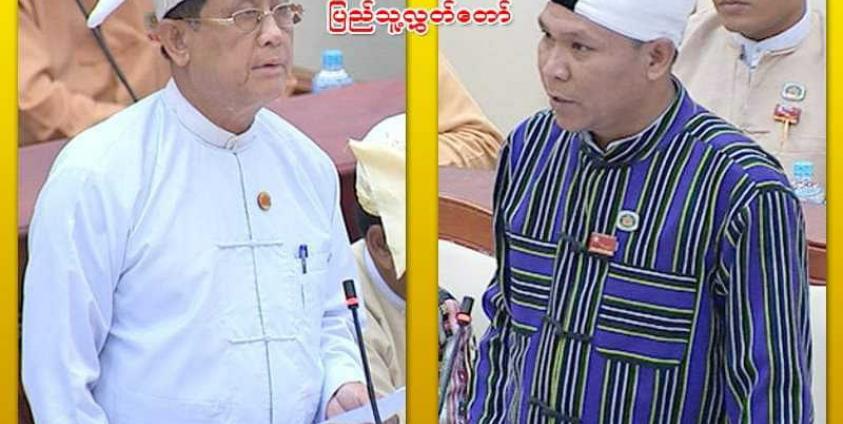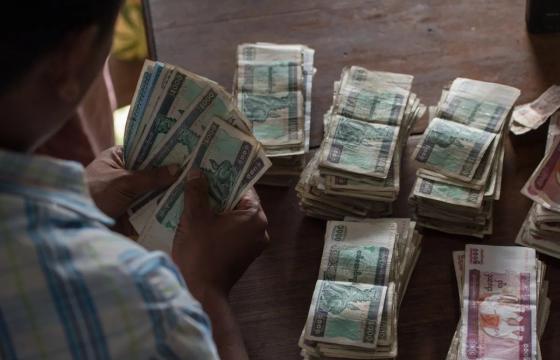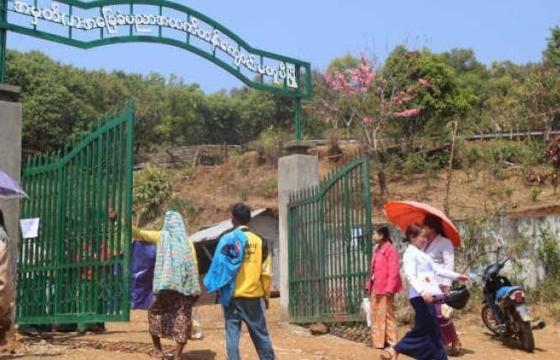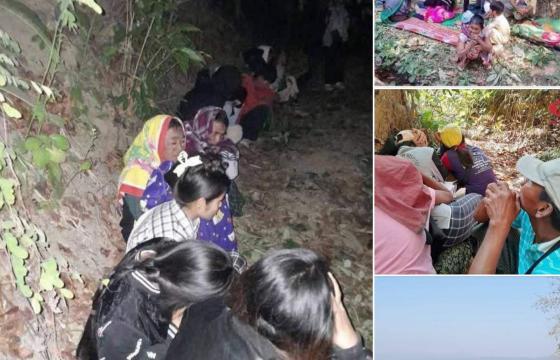During the Lower House session held on May 21, a Chin representative raised a question over an unbalanced budget allocation among Chin State’s Townships and asked about on which facts Chin State government has based in managing budget allocation.
“I raised this question because I want a fair budget allocation in the next fiscal year. I hope budget allocation will be fairer next year as a Chin State representative answered my question saying he will present this issue to Chin State Hluttaw. Chin State Hluttaw representatives should also scrutinize the proposed budget before they pass it,” U Nay Lin Aung, the Lower House representative from Chin State’s Mindat Constituency, said.
According to U Nay Lin Aung, Hakha Township, Matupi Township, Thantlang Township and Falam Township received much more budget allocations than other Townships during 2016-2017, 2017-2018 and 2019-2020 fiscal years.
While Hakha Township won 34 billion budget during 2016-2017 fiscal year, Kanpetlet and Tonzaang Townships received around 4 billion only—the budget gap amounted to eightfold. Moreover, Thantlang Town’s budget was threefold greater than Mindat district’s budget and Falam district’s twofold greater than Mindat district’s. Comparing between Hakha Town and Mindat Town, Hakha won a quintuple amount in budget allocation, U Nay Lin Aung said.
“Basing on civilian needs and prioritizing regional development situation in respective townships, Chin State government plans out the budget allocation and then submits it to Chin State Hluttaw to get approval,” Planning and Finance Minister of Union U Maung Maung Win said in response to U Nay Lin Aung.
Some representatives of Chin State Hluttaw criticize that a constituency that has a minister in the government department receives a greater budget allocation than a constituency without a minister.







